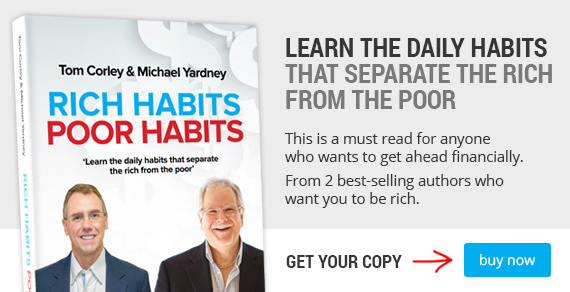
Confidence is too often defined as something that is required in order to become successful.
That is completely incorrect.
Confidence follows success, not the other way around.
You see, there are people who do not appear confident, but who, nonetheless, achieve enormous success.
How is that possible?
It’s really quite simple. Confidence must be earned. You earn confidence by realizing your dreams, achieving your goals, or by becoming a virtuoso in some specific niche.
Expert Skills Confidence
Through Deliberate and Analytical Practice, you can develop Expert Skills. When you have Expert Skill Confidence, you are very confident in your area of expertise. Your confidence pours through every time you engage in your expertise.
Examples are professional athletes, neurosurgeons, successful authors, bridge engineers, architects who design skyscrapers, etc.
Expert Knowledge Confidence
Through ritual, daily study, in a particular area, you gain expert knowledge and this endows you with Expert Knowledge Confidence.
Examples include NASA/Rocket scientists, neurologists, geneticists, nuclear physicists, chemical engineers, etc.
Entrepreneurial Confidence
Entrepreneurs who pursue success by taking action on their dreams and goals, gain enormous confidence in their entrepreneurial abilities, but only after they begin to realize success.
I can go one and on with examples. My point is this, confidence is not a prerequisite to success – it is the result of success.
And success requires that you do certain, specific things consistently which makes you more skilled and knowledgeable in what you do.
As you grow in knowledge and skills, you become more expert. Success inevitably follows. And that success leads to confidence.
Pursuit of Success —> Growth —> Expertise —> Success —> Confidence








